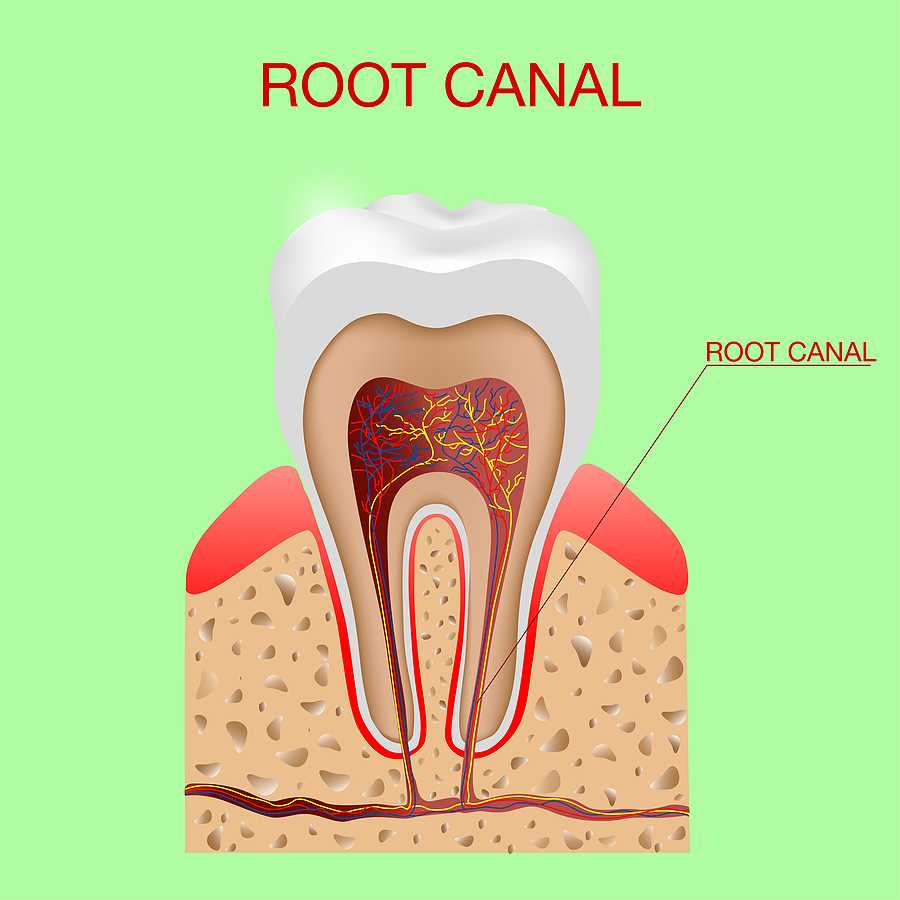Why Choosing a Root Canal is Better Than Tooth Extraction: Key Advantages Explained
When faced with a painful tooth, many people grapple with the decision: should I go for a root canal or opt for extraction? Both options have their merits, but the consequences of each can significantly impact your oral health in the long run. Root canal treatment, often misunderstood and feared, is actually a skilled procedure aimed at saving your natural teeth. On the other hand, extraction may seem like an easier fix but could lead to more complex dental issues down the line. If you live in Boise, ID, and are weighing these choices, let’s explore why opting for root canal treatment might just be the better path to preserving your smile.
Explanation of the root canal procedure
The root canal procedure is designed to save a tooth that is severely infected or damaged. It begins with the dentist administering anesthesia to ensure you’re comfortable throughout the process.
Next, a small opening is made in the crown of your tooth. This allows access to the pulp chamber and root canals beneath. The dentist carefully removes any infected tissue, cleaning and shaping the inner areas meticulously.
After cleaning, the canals are filled with a biocompatible material called gutta-percha. This seals off any pathways where bacteria could enter again. A temporary or permanent filling closes up the access point on top.
Many patients report relief from pain after this treatment since it eliminates infection at its source. Root canal therapy preserves your natural tooth structure while preventing further complications down the road.
Benefits of choosing a root canal over tooth extraction
Choosing a root canal over a tooth extraction offers several benefits, particularly when it comes to preserving your natural teeth and maintaining long-term oral health. Here are the key advantages:
Preservation of Natural Tooth: A root canal removes the infected or damaged pulp from inside the tooth while leaving the rest of the tooth structure intact. Preserving your natural tooth is crucial for maintaining the alignment of surrounding teeth and preventing bone loss that can occur when a tooth is extracted.
Prevention of Shifting Teeth: When a tooth is extracted, the surrounding teeth may shift over time, causing bite problems or misalignment. A root canal keeps the tooth in place, ensuring your bite remains stable.
Functionality and Comfort: After a root canal, the tooth is restored with a crown, which allows it to function just like a natural tooth. You can chew, speak, and smile confidently without worrying about gaps or discomfort that might occur after an extraction.
Avoidance of Bone Loss: When a tooth is extracted, the jawbone in the area can begin to deteriorate due to the lack of stimulation from the tooth root. Root canals help maintain the structure of the bone by preserving the tooth and its root.
Aesthetic Appeal: A root canal can save a front tooth, maintaining your smile and aesthetic appearance. With proper restoration, your tooth will look and function like it did before the infection or damage.
Cost-Effectiveness Over Time: Although a root canal may have an initial cost, it is often less expensive in the long run compared to the cost of an extraction and subsequent replacement options, like dental implants or bridges.
Avoiding Additional Procedures: If you opt for a tooth extraction, you may require additional procedures, such as bone grafting or implants, to replace the missing tooth. A root canal eliminates the need for these extra steps.
Minimal Impact on Adjacent Teeth: With a root canal, there is minimal impact on adjacent teeth, whereas extraction may require reshaping or altering nearby teeth to accommodate bridges or other replacements.
In many cases, a root canal is the preferred treatment because it offers a way to save the natural tooth while addressing infection or damage. However, the best choice for each individual depends on the specifics of the case, and consulting with your dentist will help determine the best option for you. Contact us to learn more.
Cost comparison between root canals and tooth extraction
When considering dental procedures, cost often plays a significant role in decision-making. A root canal typically ranges from $700 to $1,500, depending on the complexity and location of the tooth.
On the other hand, tooth extraction usually costs between $75 and $300 for a simple procedure. However, this initial savings can be misleading.
After an extraction, additional expenses may arise for replacement options like implants or bridges. These can add thousands more to your total dental bill over time.
In contrast, opting for root canal treatment allows you to preserve your natural tooth structure while avoiding future replacement costs. This long-term perspective is crucial when evaluating the overall financial impact on your oral health journey.
Understanding these financial aspects helps clarify why many choose root canals over extractions despite the higher upfront price tag.
Conclusion: Making an informed decision for your oral health
When facing dental issues, the choice between a root canal and tooth extraction can be daunting. Understanding your options is crucial for making an informed decision about your oral health.
Root canal treatment in Boise, ID, offers significant advantages over extraction. It allows you to preserve your natural tooth while preventing further complications like shifting teeth or bone loss. The procedure itself has improved dramatically with advancements in technology and pain management.
Consider also the financial aspect; while initial costs may seem higher for a root canal, it often proves more economical over time by saving the need for implants or bridges that come after an extraction.
Prioritizing the preservation of your natural teeth impacts not just aesthetics but overall function and long-term health. Consulting with a qualified dentist will help clarify what’s best for you based on individual circumstances. Whatever path you choose, being proactive about your dental care is essential for maintaining a healthy smile.
To find out more about the dental services offered at Ustick Dental Office, call (208) 375-8720 or schedule an online consultation. You can also visit Dentist in Boise IDat 9733, W Ustick Rd, Boise, ID 83704.












0 comments